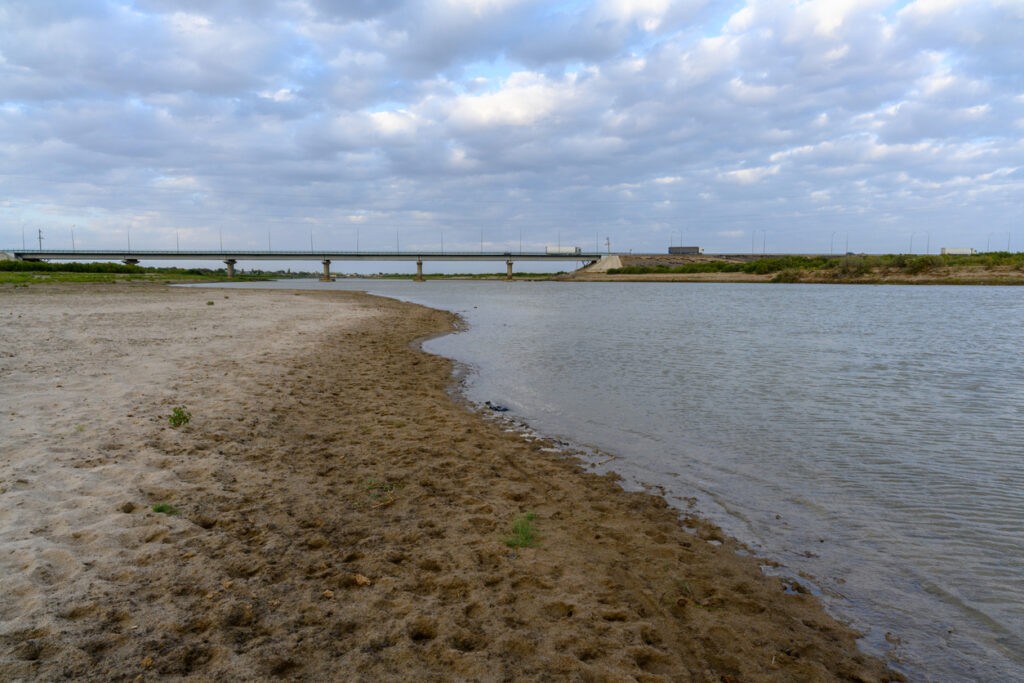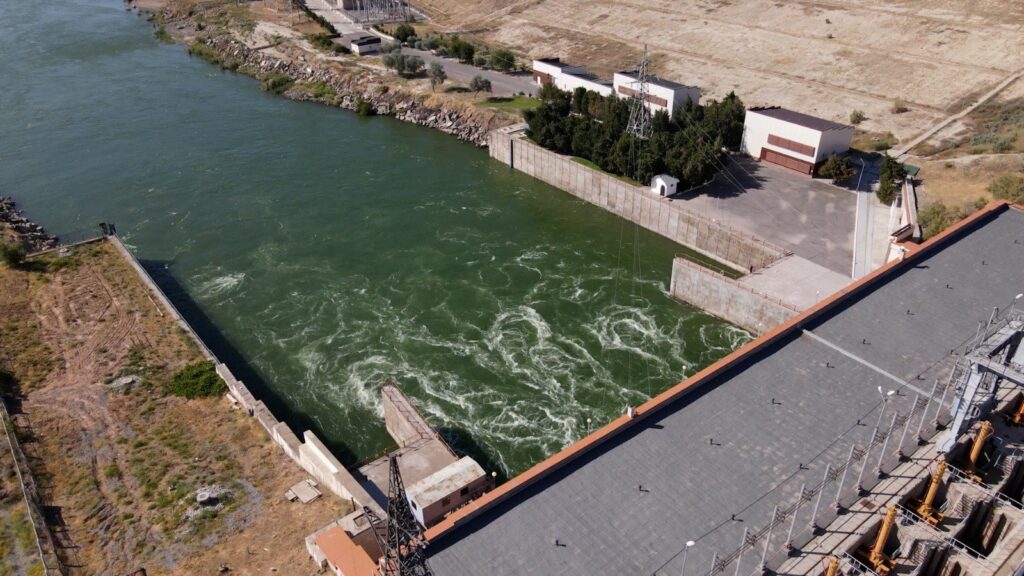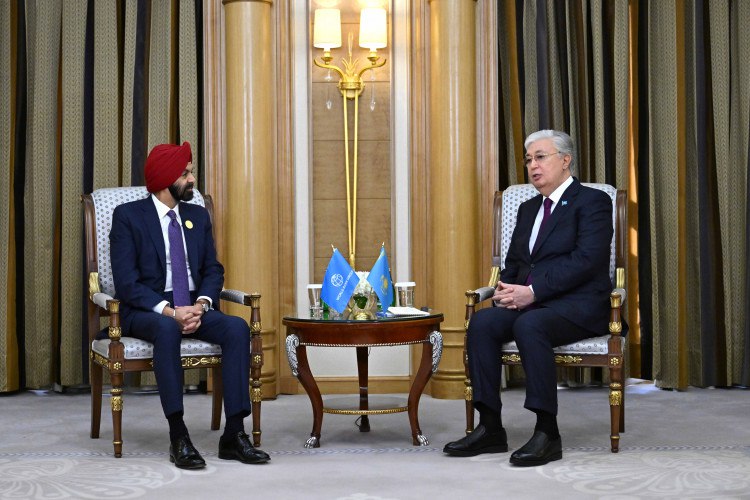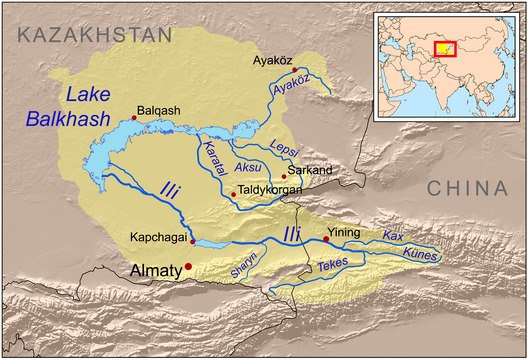ADB to Help Uzbekistan Introduce Smart Water Management
The Asian Development Bank (ADB) has approved a $125 million loan to support Uzbekistan’s government in modernizing water management, improving water security, and expanding access to safe and reliable water. Advancing Smart Water Management ADB’s Climate-Smart Water Management Improvement Project will assist Joint Stock Company Uzsuvtaminot, the country’s national water utility, and its regional branches in enhancing water infrastructure and efficiency. Key initiatives include: Completing the nationwide installation of bulk flow metering and telemetry systems at major water sources. Conducting a comprehensive asset inventory and geographic mapping of all water supply and wastewater infrastructure, covering approximately 4 million customer connections. Implementing climate-smart, IT-based utility management systems, including training programs for national water utility staff. Upgrading customer service centers with new financial management software, ensuring transparent financial statements aligned with international standards. Addressing Water Security Challenges ADB Country Director for Uzbekistan Kanokpan Lao-Araya emphasized the urgency of improving water management in the face of climate change and inefficient usage. “Uzbekistan’s water resources are under acute threat from climate change and inefficient usage. ADB’s project introduces smart water management systems to improve water usage, reduce energy consumption, and increase operational efficiency to lower Uzbekistan’s carbon footprint,” she stated. ADB’s Ongoing Support for Uzbekistan Since Uzbekistan joined ADB in 1995, the bank has committed $14.3 billion in public sector loans, grants, and technical assistance to support the country’s development.






